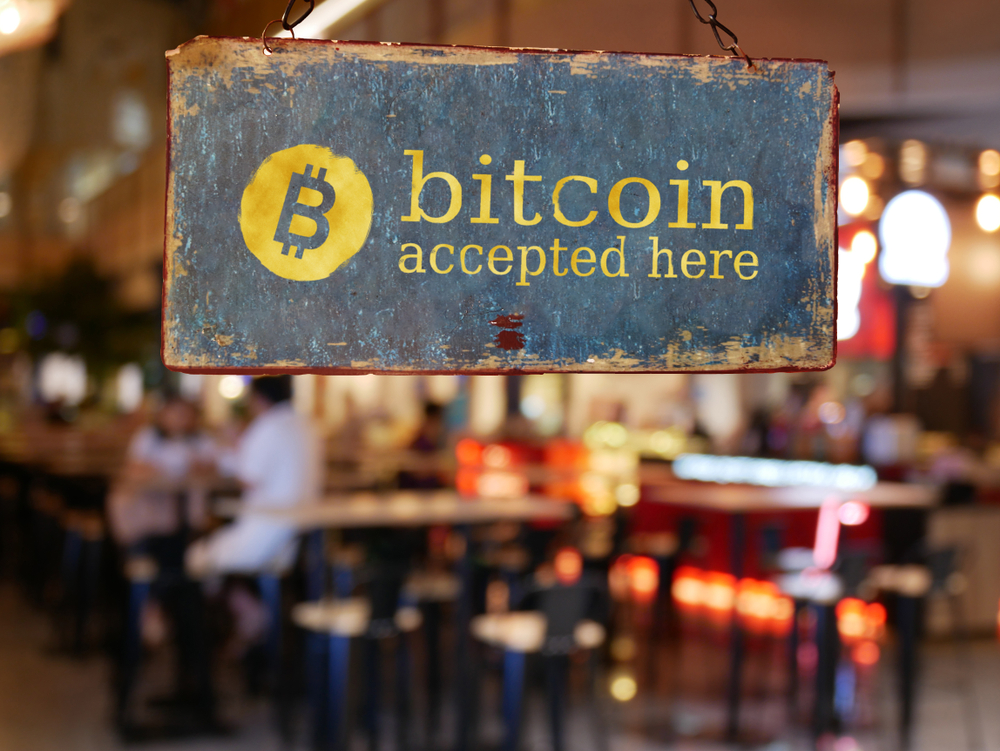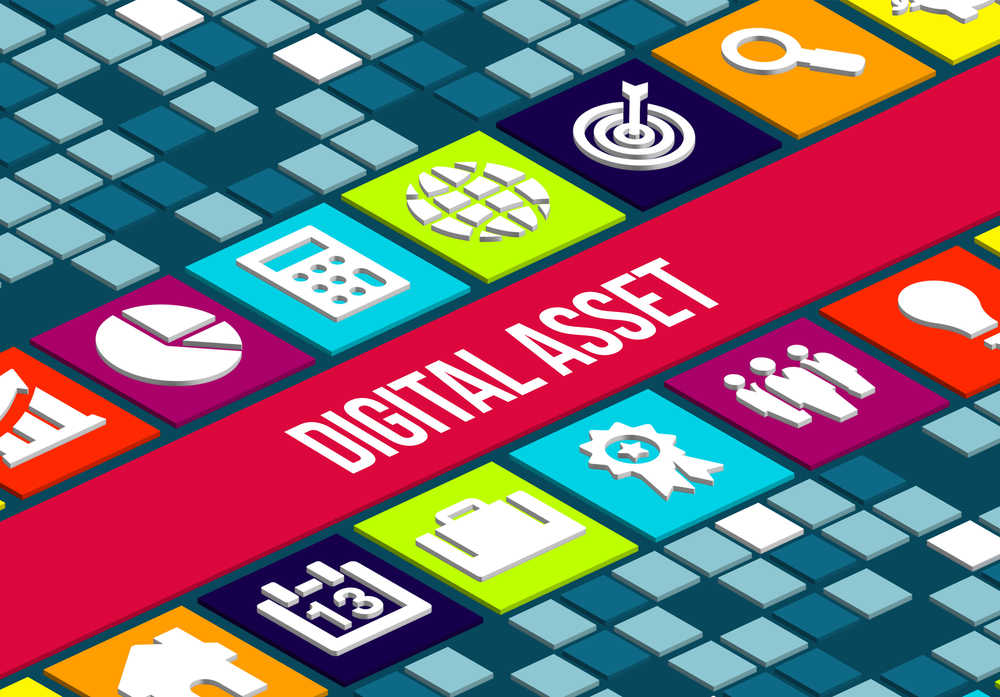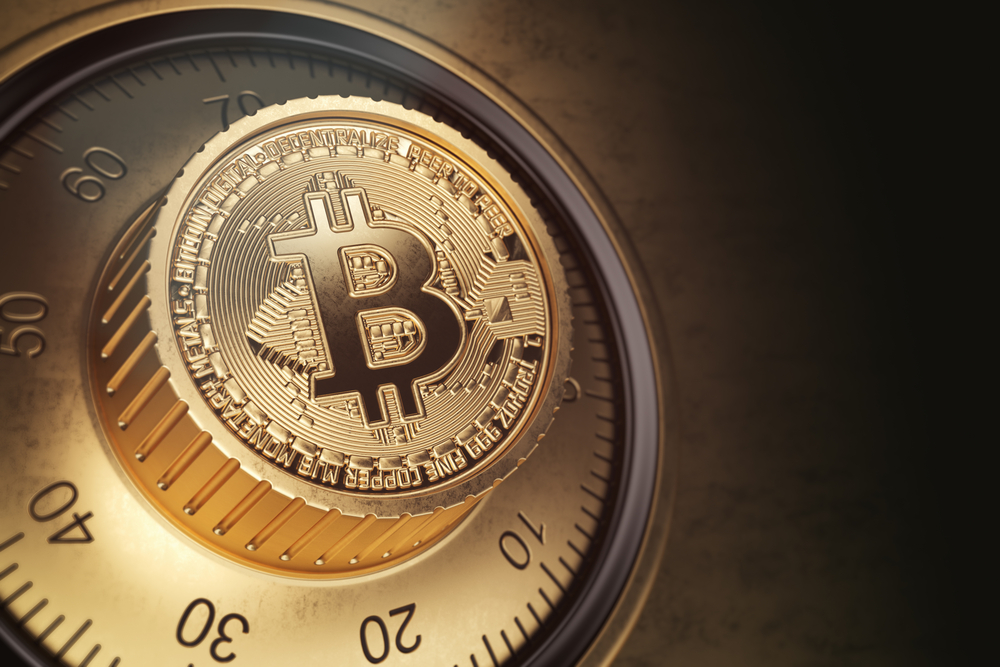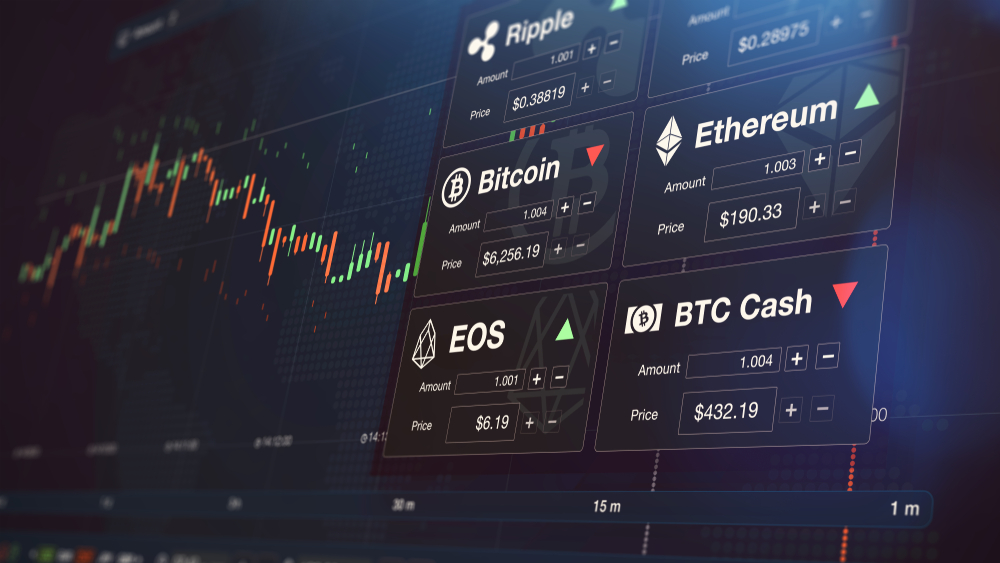-
 Regulation of Non-Fungible Tokens – Are NFT Financial Instruments in Germany?
Regulation of Non-Fungible Tokens – Are NFT Financial Instruments in Germany?
Germany assumed a unique position within the European Union early on, concerning the regulation of cryptocurrencies and business models relating to blockchain technology. Shortly after the emergence of bitcoin as the first cryptocurrency, BaFin established for the German jurisdiction that Bitcoin and comparable cryptocurrencies such as Litecoin shall qualify as units of account and therefore […]
-
 Between the Poles of Authorization Requirement and Geoblocking – What Can BaFin Demand from Service Providers from Other EU Countries?
Between the Poles of Authorization Requirement and Geoblocking – What Can BaFin Demand from Service Providers from Other EU Countries?
In Germany, companies often require prior authorization from BaFin for commercial handling of cryptocurrencies if their offered services qualify as banking businesses or financial services. For example, the operation of an exchange platform, which enables users to trade cryptocurrencies will regularly qualify as a financial service, which is subject to authorization either because it qualifies […]
-
 Are Merchants Allowed to Accept Bitcoin as a Means of Payment?
Are Merchants Allowed to Accept Bitcoin as a Means of Payment?
In the last couple of months, Bitcoin gained attention primarily as a very attractive investment opportunity. At this point in time, not only a few adventurous private investors, but also more and more institutional investors such as investment funds and investment banks invest in the best-known cryptocurrency. Even though Bitcoin is currently recognized as the […]
-
 Tokenization of Assets – How does that Legally Work?
Tokenization of Assets – How does that Legally Work?
With the rise of blockchain-based smart contracts, the subject of tokenization also gained in relevance. The decentralized issuance of tokens, which are transferable between users of a network without an intermediary enables the digitization of all kinds of objects from a technical point of view. Tokenization rapidly became a prominent topic in the field of […]
-
 DeFi on the Rise – Final Destination for Financial Market Regulation?
DeFi on the Rise – Final Destination for Financial Market Regulation?
For several month now, projects that provide applications within the decentralized financial markets continue to gain in significance. The buzzword Decentralized Finance or its abbreviation DeFi relates to smart contract applications (DApps), which enable users to conduct business on the financial markets without the need of a central service provider. The most prominent examples are […]
-
 Gamestop-Gate and Dogecoin-Rally – Is that Actually Market Manipulation?
Gamestop-Gate and Dogecoin-Rally – Is that Actually Market Manipulation?
Last week users of the online platform Reddit caused a stir when they coordinated themselves in a subreddit to buy shares of the struggling videogames retailer Gamestop. As a result, the price of the share increased massively and booked gains in the four-digit range. The objective of this campaign by the internet trolls was to […]
-
 Definition of Crypto Custody Business – Changes After Only One Year?
Definition of Crypto Custody Business – Changes After Only One Year?
The crypto custody business is currently the youngest financial service regulated in the German Banking Act (KWG). As of January 1st, 2020, the custody, management and safeguarding of crypto assets or private keys that serve for storing, holding or transferring crypto assets for others is regulated as a financial service that is subject to authorization. […]
-
 Systematic Internalization with Crypto Assets – Is that Regulated in Germany?
Systematic Internalization with Crypto Assets – Is that Regulated in Germany?
The probably most essential innovation of blockchain technology is the enabling of transactions of digital assets between two parties without the need to involve a central intermediary like a bank or any other payment service provider as a settlement institution. Cryptocurrencies exist purely virtual and can be digitally transferred between the payer and the payee. […]
-
 Security Token Offerings up to 8 Million Euro – Which Changes Does the German Federal Government Plan?
Security Token Offerings up to 8 Million Euro – Which Changes Does the German Federal Government Plan?
The German Federal Government published its draft version of the legislation for the introduction of the Electronic Securities Act (eWPG) shortly before the turn of the year. There are several changes to the first draft version that was published in the summer of 2020, mainly consisting of systematical clarifications and the rewording of certain parts. […]
-
 The Tokenized Asset Investment – Dying Product-Category or Valid Option for Fundraising?
The Tokenized Asset Investment – Dying Product-Category or Valid Option for Fundraising?
Companies that seek to procure capital have a multitude of options to finance their business in Germany. The first one to turn to is usually to talk to the company’s house bank, even though bank loans are regularly associated to granting of substantial collaterals by the borrower. Especially startups regularly tend to opt for the […]
-
 Crypto Assets vs Crypto Assets – the Discrepancy Between German and European Crypto Regulation
Crypto Assets vs Crypto Assets – the Discrepancy Between German and European Crypto Regulation
When the European legislator decided to introduce the first piece of codified regulation for the crypto market with the fifth AML directive, he also decided to use the term virtual currencies to describe Bitcoin, Litecoin and comparable, blockchain-based units of value. The German legislator on the other hand did not implement the term virtual currency […]
-
 Prospectus Liability and Token Sale – What are the Risks of an Erroneous Whitepaper?
Prospectus Liability and Token Sale – What are the Risks of an Erroneous Whitepaper?
Since around 2015, especially startups often choose to fund their business through a so-called Initial Coin Offering (ICO). These involve the creation of crypto tokens related to the issuers business model, which are subsequently offered to interested investors. Depending on the project, the ICO issuer may choose to connect the issued tokens to additional rights […]
 Regulation of Non-Fungible Tokens – Are NFT Financial Instruments in Germany?
Germany assumed a unique position within the European Union early on, concerning the regulation of cryptocurrencies and business models relating to blockchain technology. Shortly after the emergence of bitcoin as the first cryptocurrency, BaFin established for the German jurisdiction that Bitcoin and comparable cryptocurrencies such as Litecoin shall qualify as units of account and therefore […]
Regulation of Non-Fungible Tokens – Are NFT Financial Instruments in Germany?
Germany assumed a unique position within the European Union early on, concerning the regulation of cryptocurrencies and business models relating to blockchain technology. Shortly after the emergence of bitcoin as the first cryptocurrency, BaFin established for the German jurisdiction that Bitcoin and comparable cryptocurrencies such as Litecoin shall qualify as units of account and therefore […] Between the Poles of Authorization Requirement and Geoblocking – What Can BaFin Demand from Service Providers from Other EU Countries?
In Germany, companies often require prior authorization from BaFin for commercial handling of cryptocurrencies if their offered services qualify as banking businesses or financial services. For example, the operation of an exchange platform, which enables users to trade cryptocurrencies will regularly qualify as a financial service, which is subject to authorization either because it qualifies […]
Between the Poles of Authorization Requirement and Geoblocking – What Can BaFin Demand from Service Providers from Other EU Countries?
In Germany, companies often require prior authorization from BaFin for commercial handling of cryptocurrencies if their offered services qualify as banking businesses or financial services. For example, the operation of an exchange platform, which enables users to trade cryptocurrencies will regularly qualify as a financial service, which is subject to authorization either because it qualifies […] Are Merchants Allowed to Accept Bitcoin as a Means of Payment?
In the last couple of months, Bitcoin gained attention primarily as a very attractive investment opportunity. At this point in time, not only a few adventurous private investors, but also more and more institutional investors such as investment funds and investment banks invest in the best-known cryptocurrency. Even though Bitcoin is currently recognized as the […]
Are Merchants Allowed to Accept Bitcoin as a Means of Payment?
In the last couple of months, Bitcoin gained attention primarily as a very attractive investment opportunity. At this point in time, not only a few adventurous private investors, but also more and more institutional investors such as investment funds and investment banks invest in the best-known cryptocurrency. Even though Bitcoin is currently recognized as the […] Tokenization of Assets – How does that Legally Work?
With the rise of blockchain-based smart contracts, the subject of tokenization also gained in relevance. The decentralized issuance of tokens, which are transferable between users of a network without an intermediary enables the digitization of all kinds of objects from a technical point of view. Tokenization rapidly became a prominent topic in the field of […]
Tokenization of Assets – How does that Legally Work?
With the rise of blockchain-based smart contracts, the subject of tokenization also gained in relevance. The decentralized issuance of tokens, which are transferable between users of a network without an intermediary enables the digitization of all kinds of objects from a technical point of view. Tokenization rapidly became a prominent topic in the field of […] DeFi on the Rise – Final Destination for Financial Market Regulation?
For several month now, projects that provide applications within the decentralized financial markets continue to gain in significance. The buzzword Decentralized Finance or its abbreviation DeFi relates to smart contract applications (DApps), which enable users to conduct business on the financial markets without the need of a central service provider. The most prominent examples are […]
DeFi on the Rise – Final Destination for Financial Market Regulation?
For several month now, projects that provide applications within the decentralized financial markets continue to gain in significance. The buzzword Decentralized Finance or its abbreviation DeFi relates to smart contract applications (DApps), which enable users to conduct business on the financial markets without the need of a central service provider. The most prominent examples are […] Gamestop-Gate and Dogecoin-Rally – Is that Actually Market Manipulation?
Last week users of the online platform Reddit caused a stir when they coordinated themselves in a subreddit to buy shares of the struggling videogames retailer Gamestop. As a result, the price of the share increased massively and booked gains in the four-digit range. The objective of this campaign by the internet trolls was to […]
Gamestop-Gate and Dogecoin-Rally – Is that Actually Market Manipulation?
Last week users of the online platform Reddit caused a stir when they coordinated themselves in a subreddit to buy shares of the struggling videogames retailer Gamestop. As a result, the price of the share increased massively and booked gains in the four-digit range. The objective of this campaign by the internet trolls was to […] Definition of Crypto Custody Business – Changes After Only One Year?
The crypto custody business is currently the youngest financial service regulated in the German Banking Act (KWG). As of January 1st, 2020, the custody, management and safeguarding of crypto assets or private keys that serve for storing, holding or transferring crypto assets for others is regulated as a financial service that is subject to authorization. […]
Definition of Crypto Custody Business – Changes After Only One Year?
The crypto custody business is currently the youngest financial service regulated in the German Banking Act (KWG). As of January 1st, 2020, the custody, management and safeguarding of crypto assets or private keys that serve for storing, holding or transferring crypto assets for others is regulated as a financial service that is subject to authorization. […] Systematic Internalization with Crypto Assets – Is that Regulated in Germany?
The probably most essential innovation of blockchain technology is the enabling of transactions of digital assets between two parties without the need to involve a central intermediary like a bank or any other payment service provider as a settlement institution. Cryptocurrencies exist purely virtual and can be digitally transferred between the payer and the payee. […]
Systematic Internalization with Crypto Assets – Is that Regulated in Germany?
The probably most essential innovation of blockchain technology is the enabling of transactions of digital assets between two parties without the need to involve a central intermediary like a bank or any other payment service provider as a settlement institution. Cryptocurrencies exist purely virtual and can be digitally transferred between the payer and the payee. […] Security Token Offerings up to 8 Million Euro – Which Changes Does the German Federal Government Plan?
The German Federal Government published its draft version of the legislation for the introduction of the Electronic Securities Act (eWPG) shortly before the turn of the year. There are several changes to the first draft version that was published in the summer of 2020, mainly consisting of systematical clarifications and the rewording of certain parts. […]
Security Token Offerings up to 8 Million Euro – Which Changes Does the German Federal Government Plan?
The German Federal Government published its draft version of the legislation for the introduction of the Electronic Securities Act (eWPG) shortly before the turn of the year. There are several changes to the first draft version that was published in the summer of 2020, mainly consisting of systematical clarifications and the rewording of certain parts. […] The Tokenized Asset Investment – Dying Product-Category or Valid Option for Fundraising?
Companies that seek to procure capital have a multitude of options to finance their business in Germany. The first one to turn to is usually to talk to the company’s house bank, even though bank loans are regularly associated to granting of substantial collaterals by the borrower. Especially startups regularly tend to opt for the […]
The Tokenized Asset Investment – Dying Product-Category or Valid Option for Fundraising?
Companies that seek to procure capital have a multitude of options to finance their business in Germany. The first one to turn to is usually to talk to the company’s house bank, even though bank loans are regularly associated to granting of substantial collaterals by the borrower. Especially startups regularly tend to opt for the […] Crypto Assets vs Crypto Assets – the Discrepancy Between German and European Crypto Regulation
When the European legislator decided to introduce the first piece of codified regulation for the crypto market with the fifth AML directive, he also decided to use the term virtual currencies to describe Bitcoin, Litecoin and comparable, blockchain-based units of value. The German legislator on the other hand did not implement the term virtual currency […]
Crypto Assets vs Crypto Assets – the Discrepancy Between German and European Crypto Regulation
When the European legislator decided to introduce the first piece of codified regulation for the crypto market with the fifth AML directive, he also decided to use the term virtual currencies to describe Bitcoin, Litecoin and comparable, blockchain-based units of value. The German legislator on the other hand did not implement the term virtual currency […] Prospectus Liability and Token Sale – What are the Risks of an Erroneous Whitepaper?
Since around 2015, especially startups often choose to fund their business through a so-called Initial Coin Offering (ICO). These involve the creation of crypto tokens related to the issuers business model, which are subsequently offered to interested investors. Depending on the project, the ICO issuer may choose to connect the issued tokens to additional rights […]
Prospectus Liability and Token Sale – What are the Risks of an Erroneous Whitepaper?
Since around 2015, especially startups often choose to fund their business through a so-called Initial Coin Offering (ICO). These involve the creation of crypto tokens related to the issuers business model, which are subsequently offered to interested investors. Depending on the project, the ICO issuer may choose to connect the issued tokens to additional rights […]


